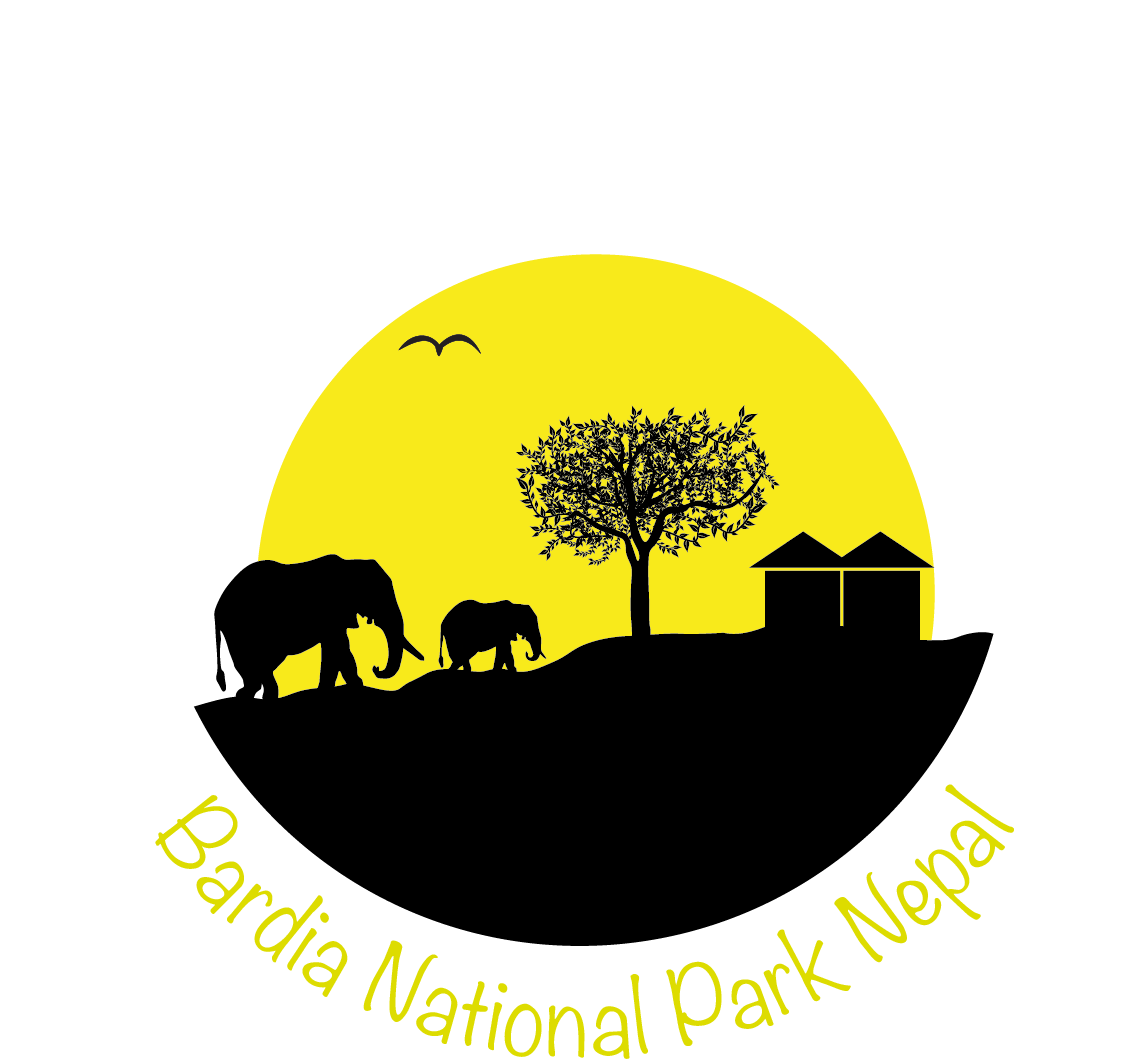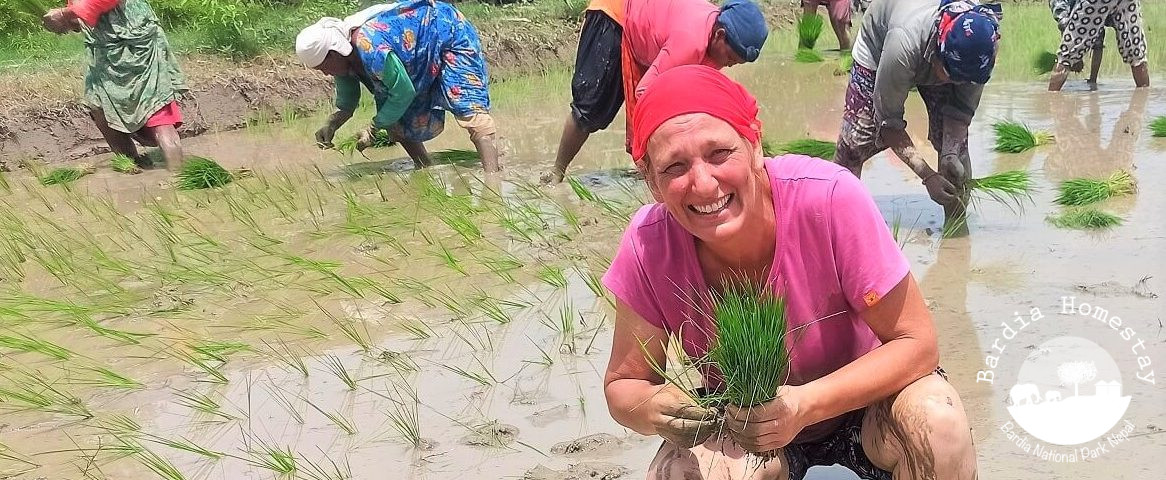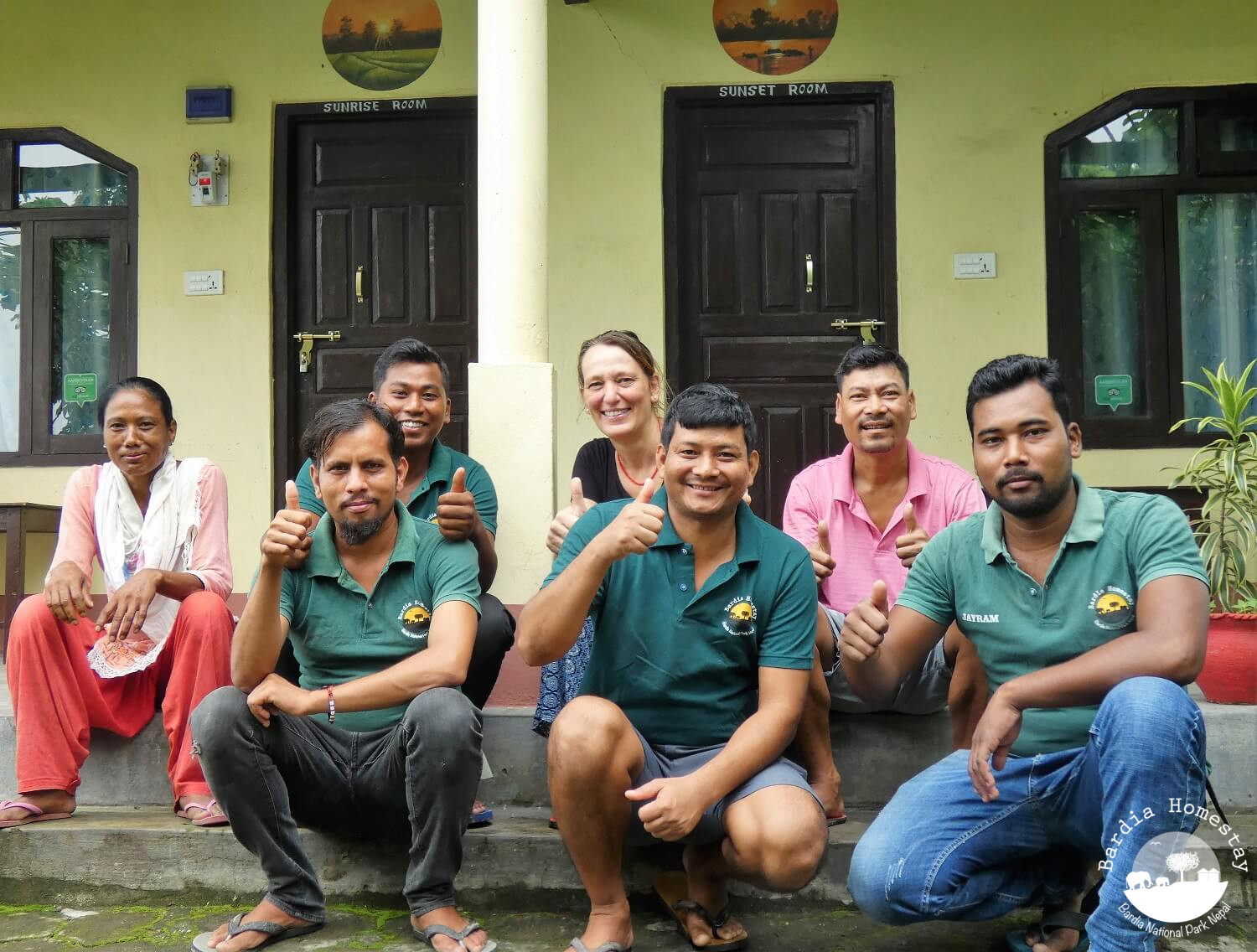
The first virtual online hosts in Bardia National Park Nepal
juli 31, 2020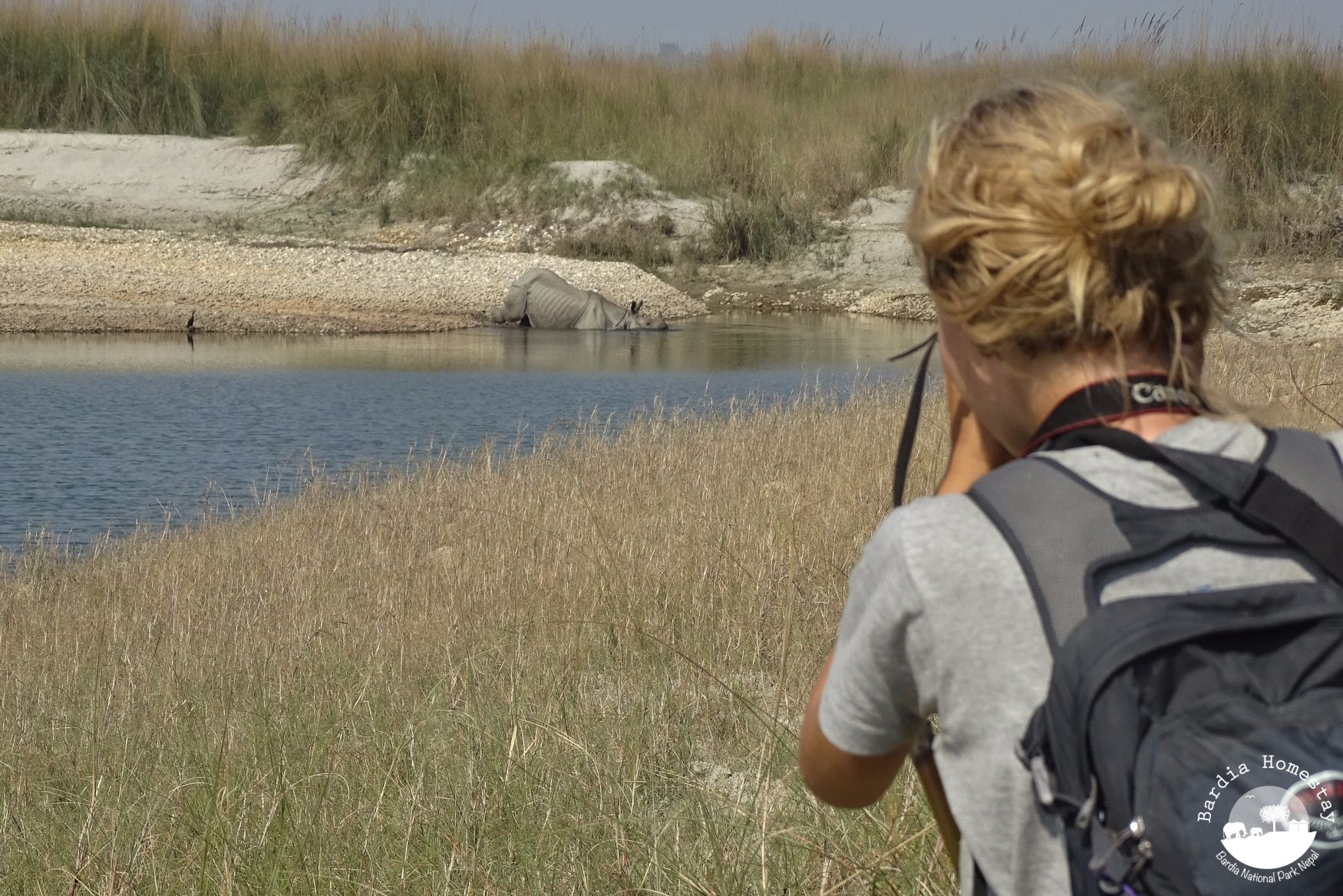
The best 10 tips to make the most of your visit to Bardia National Park
oktober 29, 2021Community spirit and muddy legs, rice plantation is an experience not to be missed!
Planting rice is the most important agricultural activity for our family and our neighbours. Around Bardia National Park, rice plantation starts mid-June when the monsoon brings the necessary water. Joining a rice plantation day with our family or our neighbour farmers is an experience not to be missed! Nothing is better than standing in the mud of a paddy field, with your bare feet and feeling part of the community.
Rice is by far the most important crop in Nepal and a primary source of livelihood. The food is deeply embedded in the country’s culture. On average, each person in Nepal consumes 137.5 kg of rice every year! It is not without reason that the saying in Nepal is ’24 hours Dal Bhaat power’ (A rice dish gives you energy for 24 hours).
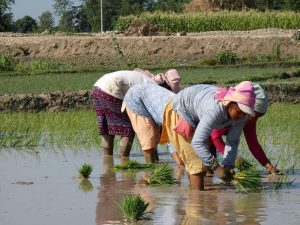
Time to plant the rice seedlings
Officially the 15th of the Nepali month of Ashadh (29th of June) is considered as the auspicious day to start planting the rice. But depending on the area and the availability of water, farmers start earlier or later. The day is so important for Nepal that in December 2004, the Nepal Government officially declared this day as National Paddy Day also named Ropain Diwas or Dhan Diwas. The rice festival is celebrated in different ways depending on the part of the country. Singing, dancing, playing with mud and enjoying good food like Dahi-Chiura (yoghurt with beaten rice) is part of it.
The start of the monsoon is one of my favourite seasons in Bardiya. After a rain shower, the atmosphere is clean and fresh with beautiful views of the mountains and white clouds that stand out against a blue sky. The landscape becomes green and lush and it is fascinating to see how the farmers prepare their land for rice plantation.
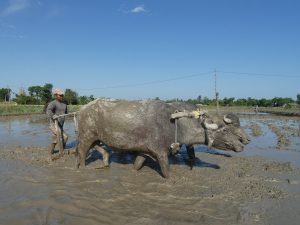
A hard and muddy job for men and buffalos
After the maize has been harvested at the end of May, the women scatter buffalo dung over the land to make the soil fertile again. Rice grains are scattered over a small piece of land near the farmhouse and after two weeks the rice seedlings are ready to be replanted.
Planting the rice in our paddy field has to take place in one day. It takes a lot of people to do this. All neighbours join hands together. The sense of community spirit comes at its best. Early in the morning around 7AM, twenty women, ten men and several children come together at our farmland.
Women collect and bundle the seedlings while sharing the latest news. Men are digging an irrigation ditch so that the water can flow from the larger channel onto the land. Other men are levelling and ploughing the field with the ox or buffalo. Gradually you do see small tractors here which do that job, but most farmers still plough with these strong animals. I love to observe how the farmers communicate with their animals and how they make with wooden hand tools the mud soft and slurry.
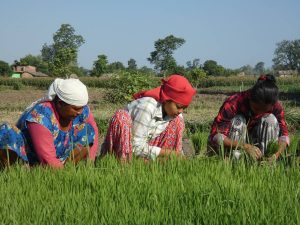
Women bundle the seedlings
When the ploughing is of land is ready, it is time for the women to start planting the rice. Time for me to put my legs in the mud. I get clear directions from my brother in law: “Make sure there is a 10-centimetre distance between the plants and put two seedlings in one spot together. Put the roots deep in the mud so that they can hold on to. And plant in a straight row”. With a bundle of seedlings in my left hand, I put them with my right hand in the field. I can tell you, this is not an easy job. The sun burns brightly and the water on the field quickly heats up. When I walk backwards, I almost slip down when I have been standing on one spot too long. So it is important to speed up.
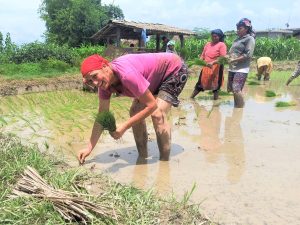
Muddy legs and lots of fun
The women around me chat, sing, make jokes and give me directions. They plant the seedlings in a row of 10, I stick to a row of 5. When I look behind me, I realize that I am way too slow! the women are already 2 meters ahead of me. It is clear, I can’t compete with 25 years more experience. At the end of the paddy field, I look at my result. The plants stand upright but in a zigzag line. Sometimes a little more together, sometimes a little less, but hopefully it is good enough to grow.
When the job is down all the workers sit down at my sisters in law’s house. She has been busy with preparing Dal Bhaat (rice with lentil soup and vegetables) and meat items. Everybody is happy that the job has been done. We drink away the pain in our backs and legs with locally brewed beer. We will meet again in 4 months. But then to harvest the rice.
Sonja Rusticus, owner Bardia Homestay.
You are welcome to join us during rice plantation day next year! Joining is a perfect way to learn more about the local culture!
